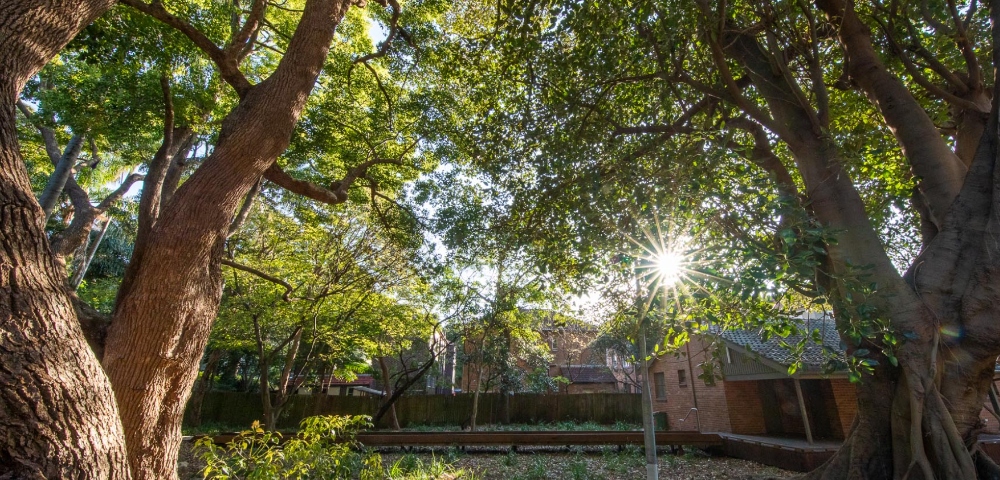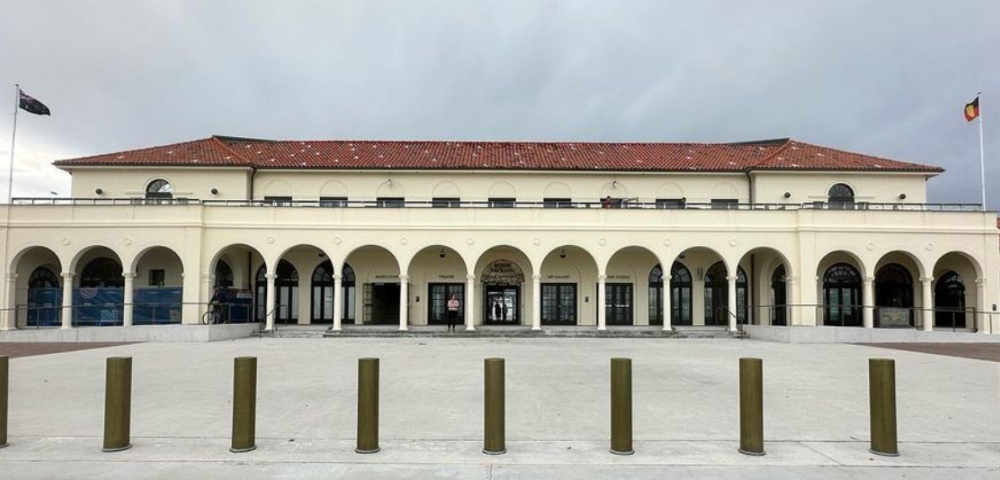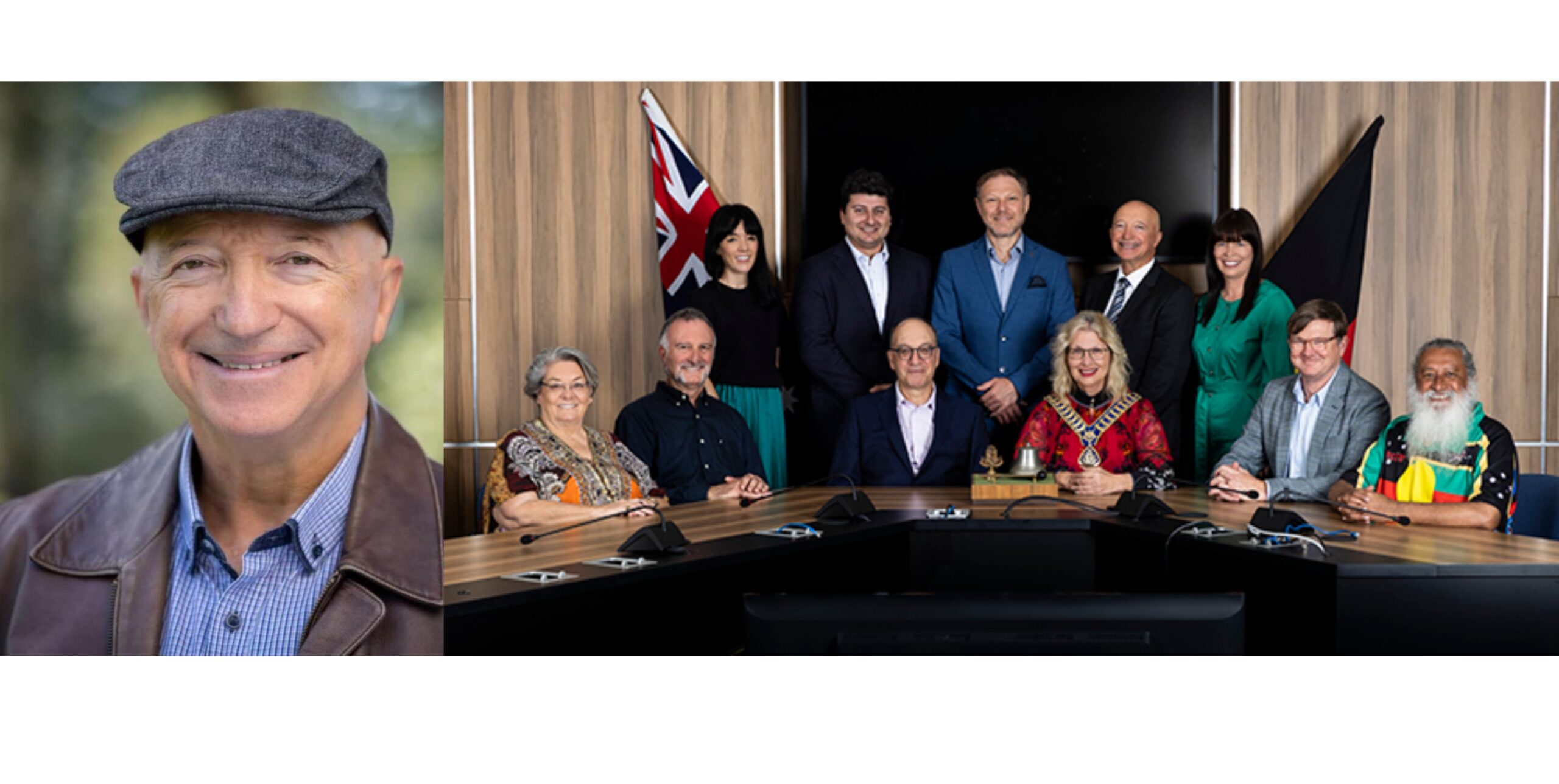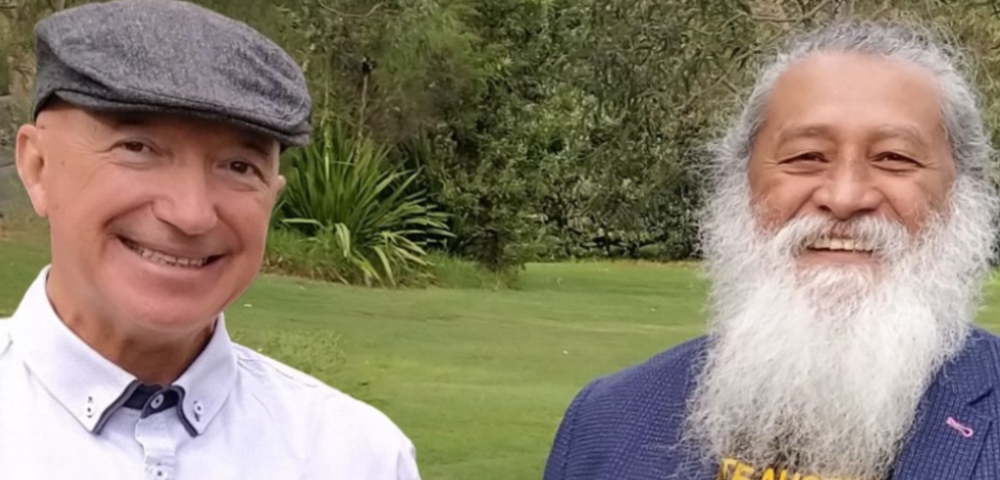
Support swells for anti-censorship coalition
By Bianca Birdsall
December saw protests around Australia and online opposing the Federal Government’s plan to censor the Internet.
Online advocacy group GetUp! has begun a ‘Save the Net’ campaign and so far more than 88,000 signatures have been collected. The not-for-profit organisation has also raised more than $50,000 online to be used for internet advertising of campaign. National Director Simon Sheikh contends that the money slated for ISP-based filters should instead be spent on providing computer based filters for families, and increased funding for police monitoring.
‘The Government’s net censorship plans will do little more than slog Aussie families and businesses with slower internet speeds and higher internet bills without making a significant dent in criminal activity,’ said Mr Sheikh. ‘Australians agree that criminal activity needs to be stopped but they know that this net censorship plan won’t work.’
December 13 saw more traditional avenues of protest, with seven rallies held across Australia by the Digital Liberty Coalition. Despite expectations, turnout was moderate but diverse at about 200 to 300 protestors at each event. Speakers included members of the DLC, the Australian Sex Party, Electronic Frontiers Australia and the blogging community. ‘People who should shut their eyes would rather shut our mouths,’ said Sam Russell of the Electronic Freedom Project who spoke at the Sydney event.
The Federal Government intends to introduce a two-tiered system based on ACMA’s blacklist of unnamed banned sites. Internet Service Providers began running live content filtering trials on December 24. Optus and iiNet have agreed to limited participation of the six-week program. Telstra has refused to take part but has announced it is separately considering similar technology.
Results from a previous offline trial conducted by the ACMA showed substantial problems with available filters. The technology slowed internet speeds by up to 87 per cent when filtering and 30 per cent even when not active. Over-blocking also occurred for up to 8 per cent of sites as the ISP-based products were unable to properly identify legal material.
The Government is attempting to assuage concerns by including the issue on the ‘Future Directions’ blog launched by Communications Minister Stephen Conroy. More than 1100 comments were received since December 8, the majority focusing on the ISP filter trials.
The Department of Broadband, Communications and the Digital Economy responded to the deluge of complaints in a post labelled ‘We Hear You’. ‘We wonder if it is possible for the main focus of the debate to broaden out to consider issues relating to how the Government blogs and to the digital economy”
Visit www.dbcde.gov.au/digitaleconomyblog.









